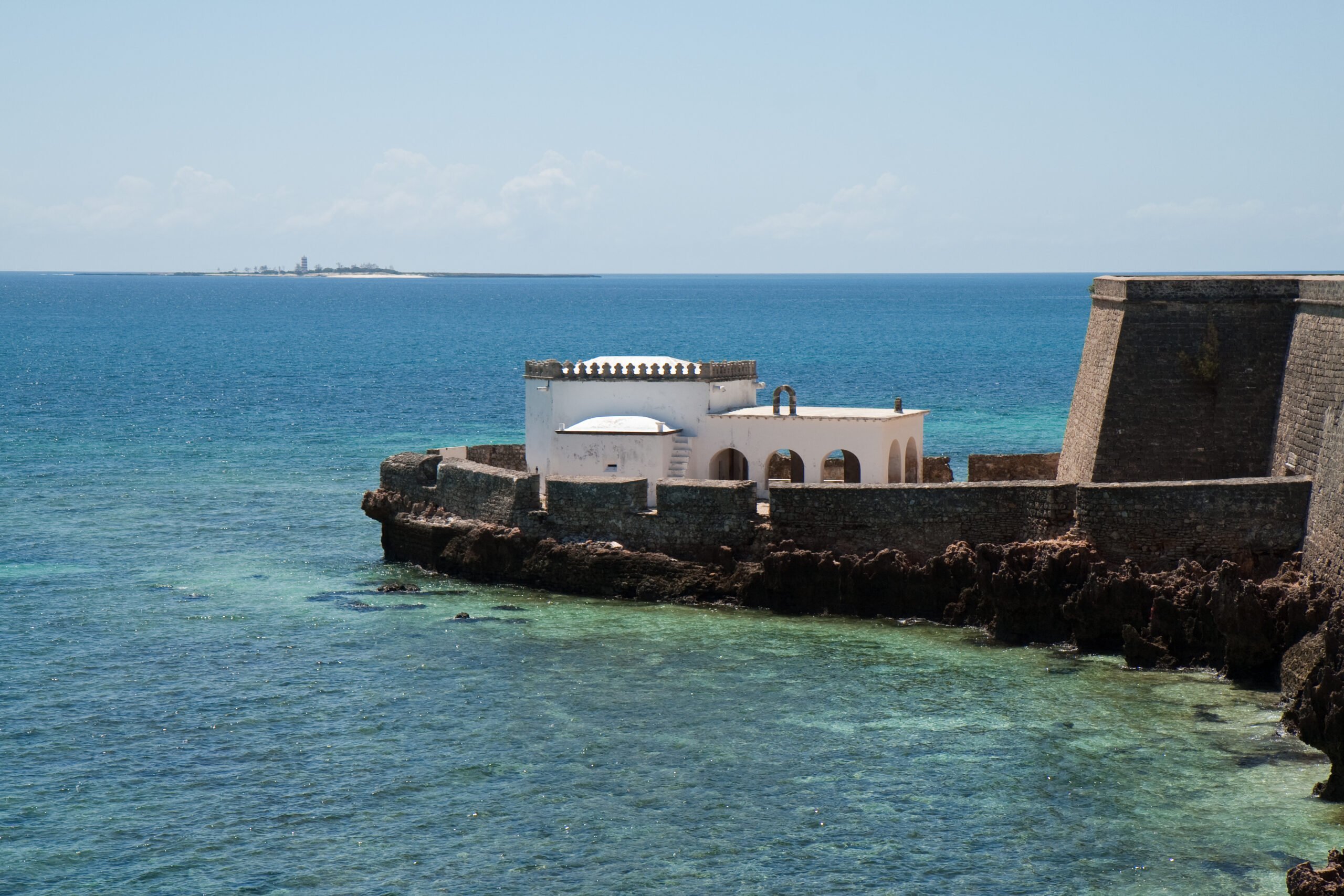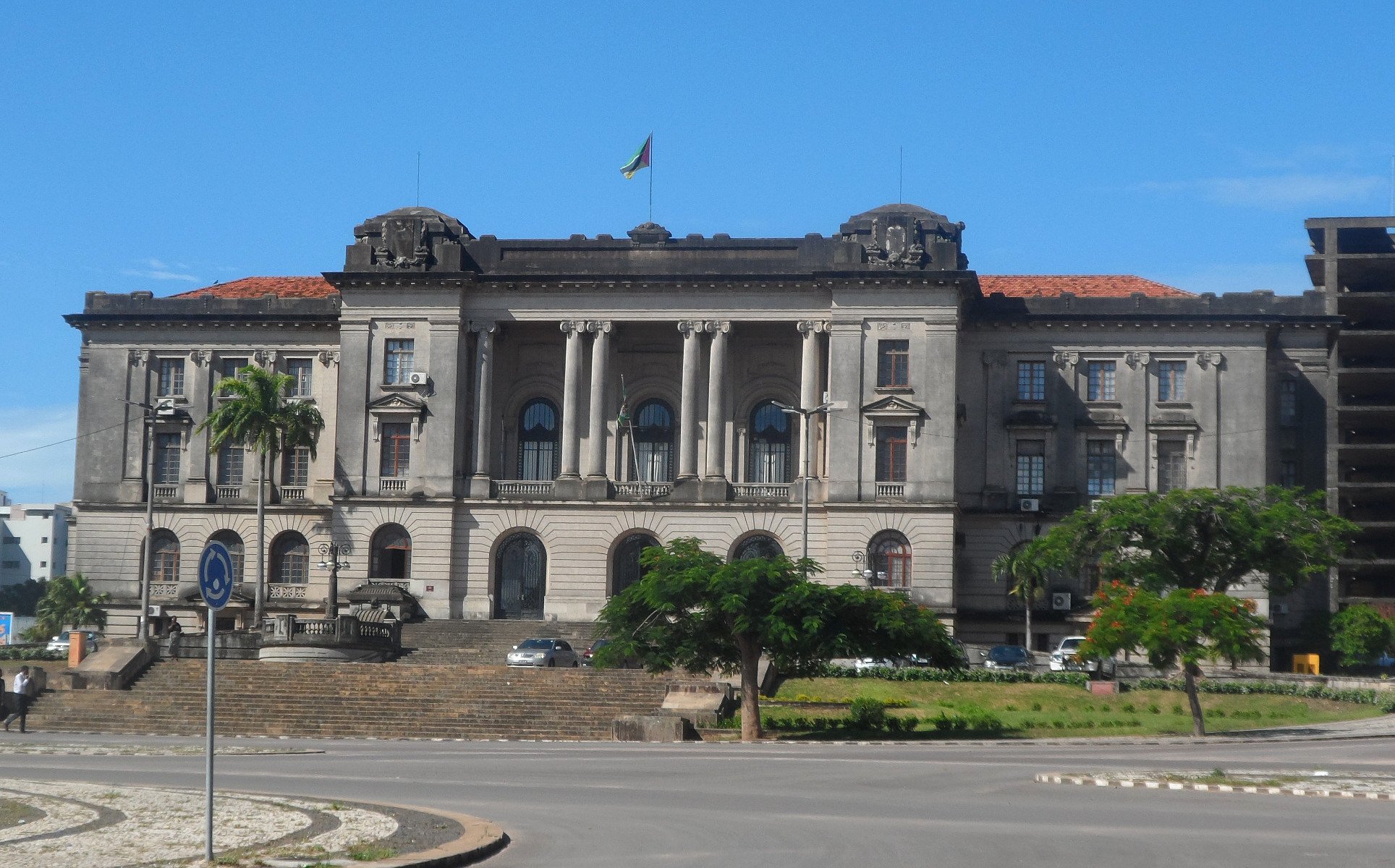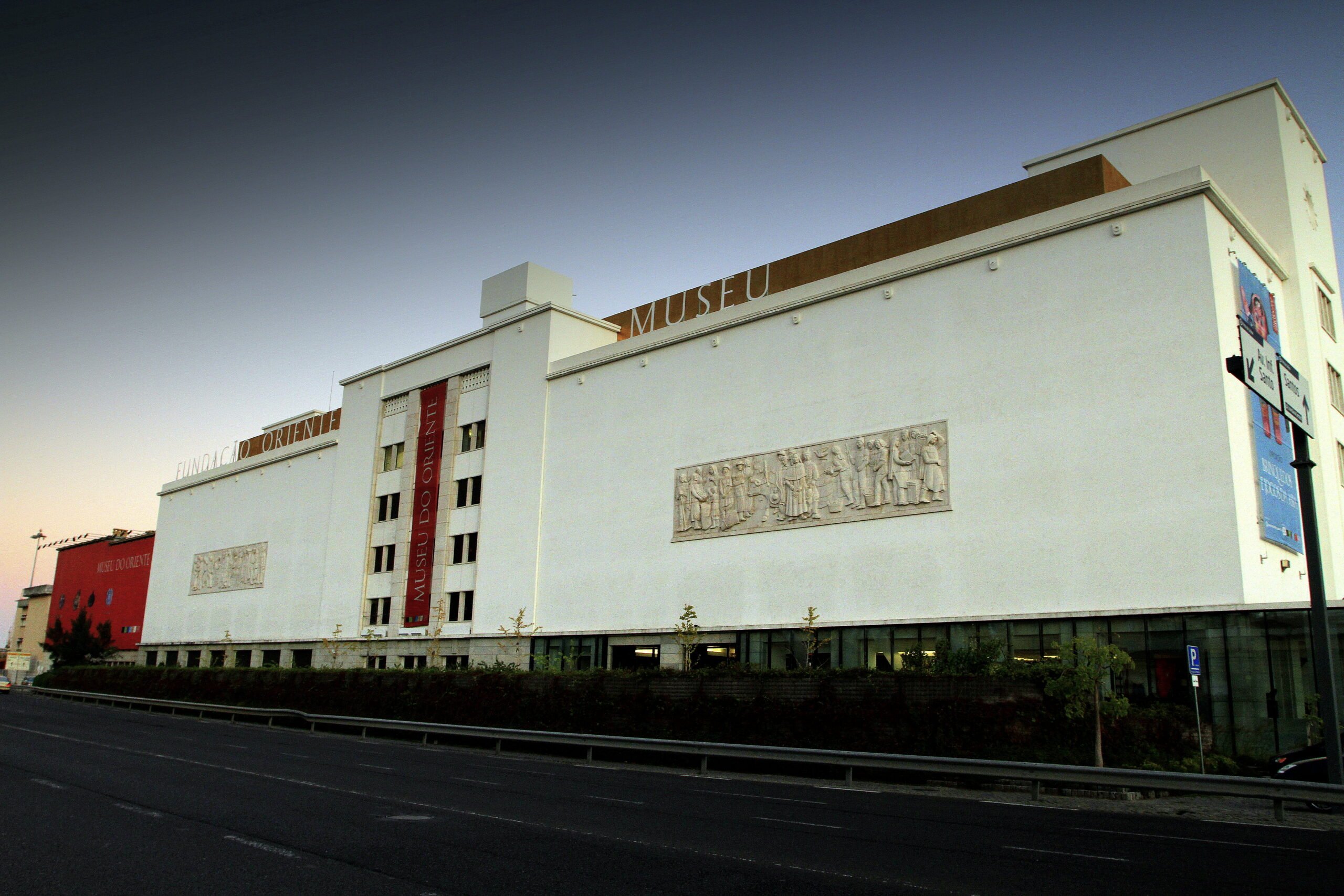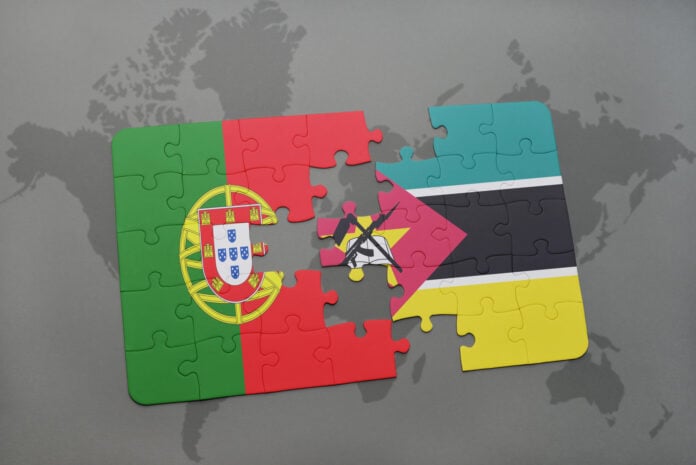The history between Portugal and Mozambique is a dense narrative, crossed by conquest, slavery, administration, rebellion, war, and reunion. Contrary to more linear narratives, the Portuguese-Mozambican relationship was never simply one of metropolis and colony. It was a relationship forged in fire and maintained by mutual survival. A story with an uncertain beginning, a bloody middle, and a timid present, but full of echoes of the past.
First Contacts and Coastal Domination
Portugal arrived on the coast of Mozambique in 1498 with Vasco da Gama, during his first voyage to India. The Portuguese quickly realized that Mozambique was strategic: it was the ideal base between Europe and the spices of the Orient. They began to build fortresses and trading posts along the coast, such as in Sofala, Ilha de Moçambique, and Quelimane. Their presence was initially commercial and military.
The Muslim sultanates on the coast resisted. But the Portuguese came with weapons and treaties. They subjected the local elites to their control. Through “prazos” on the Seine, they granted vast tracts of land to Portuguese and Portuguese-descended settlers, who began to rule as quasi-feudal lords, exercising military and economic power over entire populations in the interior.
Slavery, Empire, and Structural Violence
Between the 16th and 19th centuries, Mozambique became an important source of enslaved people for Brazil and the Indian Ocean islands. Millions of Africans were captured or bought with goods and then sold into forced labor. The Portuguese colonial economy was based on this network of suffering and profit.
Inland, the “prazos” become small, semi-autonomous empires. Families of Portuguese origin dominate vast areas, impose forced labor, create private armies, and resist the authority of the Crown itself. At various times, the government in Lisbon tries to impose order, but it has neither the means nor the interest for real control.

Late Colonialism and Territorial Consolidation
In the 19th century, with the Berlin Conference (1884-85) and the “sharing of Africa” between the European powers, Portugal needed to prove that it had sovereignty over Mozambique. The “effective occupation” began. Portuguese troops penetrated the interior, conquering territories, defeating local chiefs and imposing direct administration.
But Portugal doesn’t have the capacity to colonize Mozambique like the other colonial powers. It gave large concessions to foreign companies: Companhia de Moçambique, Companhia do Niassa and others. These companies brutally exploit the resources and the local population. Economic exploitation and the denial of rights are structural.
Popular Resistance and Living Culture
Despite the repression, resistance never ceases. Local chiefs, peasant communities, Mozambican mothers, and fathers defy colonial power in direct or subtle ways: by hiding crops, fleeing to uncontrolled areas, and preserving languages and traditions.
Meanwhile, the first Mozambicans educated in the colonial system began to question domination. Figures like Eduardo Mondlane and Samora Machel took shape in the following decades. A national consciousness began to emerge.

The Colonial War and the Struggle for Independence
In 1964, Mozambique’s liberation war began. FRELIMO, led by Eduardo Mondlane (and later Samora Machel), launched a guerrilla campaign against the Portuguese army. The war lasted ten years.
Portugal, under the dictatorship of Salazar and then Caetano, invested everything to keep Mozambique. But the cost was enormous: thousands of deaths, a collapsed economy, and youth with no future.
The Carnation Revolution on April 25, 1974, changed everything. The new Portuguese government agreed to negotiate with the liberation movements. On June 25, 1975, Mozambique became independent.

The Post-Independence Period
With independence, FRELIMO took power and proclaimed a Marxist-Leninist state. Portugal, still in democratic transition, maintained ambiguous relations. Many Portuguese left Mozambique, leaving behind property, businesses, and memories.
In the 1980s, Mozambique was plunged into a bloody civil war between FRELIMO and RENAMO, a group financed by external forces (such as apartheid South Africa and the USA). The war lasted until 1992 and devastated the country. Portugal tried to mediate and offered humanitarian aid, maintaining diplomatic relations with both factions, but with caution.
Cooperation, Emigration, and Reunion
With the end of the civil war and the opening up of the market, Mozambique began a new phase of reconstruction. Portugal returned as an economic, cultural, and political partner. Many Portuguese companies began investing in Mozambique. The common language facilitated collaboration. Mozambican students came to study in Portugal, and the Portuguese went to work in Maputo.
Today, Mozambican communities are growing in Lisbon and other cities. A new urban Lusophony is emerging, marked by cultural mixing, social challenges, and constant exchange.

Places in Lisbon Where Mozambique Lives
Largo de S. Domingos
Next to Rossio, this square has become a meeting point for Africans in Lisbon. The Mozambican presence can be felt in the faces, accents, food stalls, and beauty salons.
Orient Museum
With collections linked to the Portuguese presence in Africa and Asia, the museum offers exhibitions and activities dealing with colonial history, including that of Mozambique.

Afro-Portuguese Cultural Associations
Venues such as Cantinho do Aziz, Casa Reunião, Djass, and Khapassa promote events, debates, music and Mozambican cuisine in Lisbon, keeping alive the memory and the present of the relationship between the two countries.
Final Thoughts
Portugal and Mozambique have a history of long shadows and uncertain lights. The relationship has been marked by domination, rebellion, war, and estrangement but also by reunion, collaboration, and interdependence.
At a time when the world is rethinking its colonial past, Luso-Mozambican history is a lesson in how people resist, adapt, and carry on. You can’t erase the past. But you can build a fairer present, and who knows, a truly common future.


